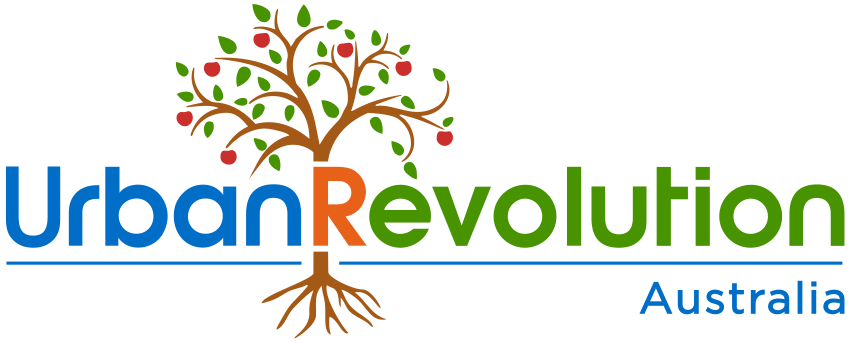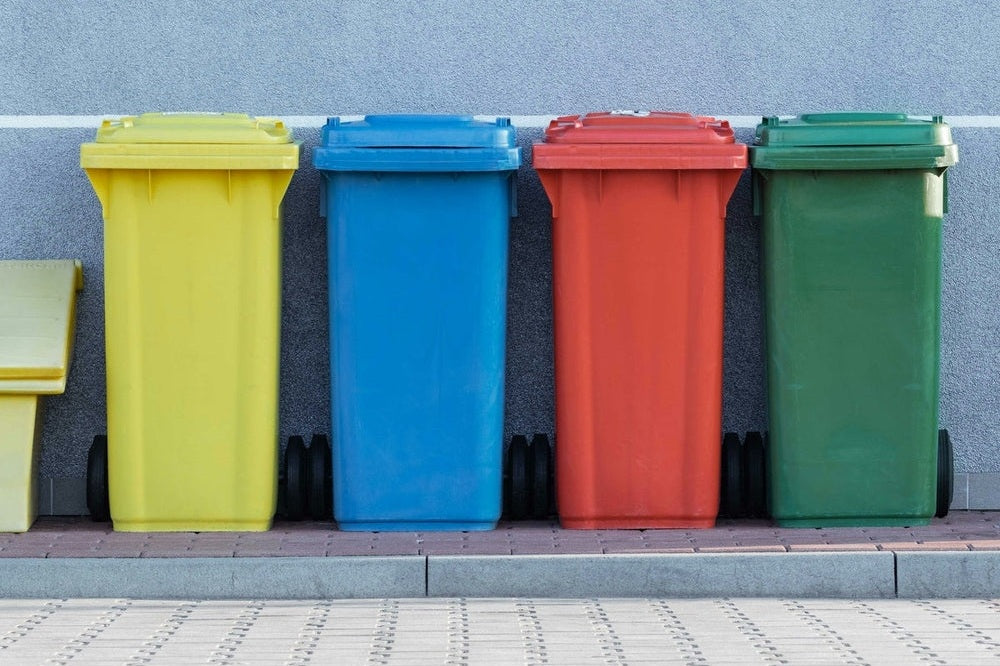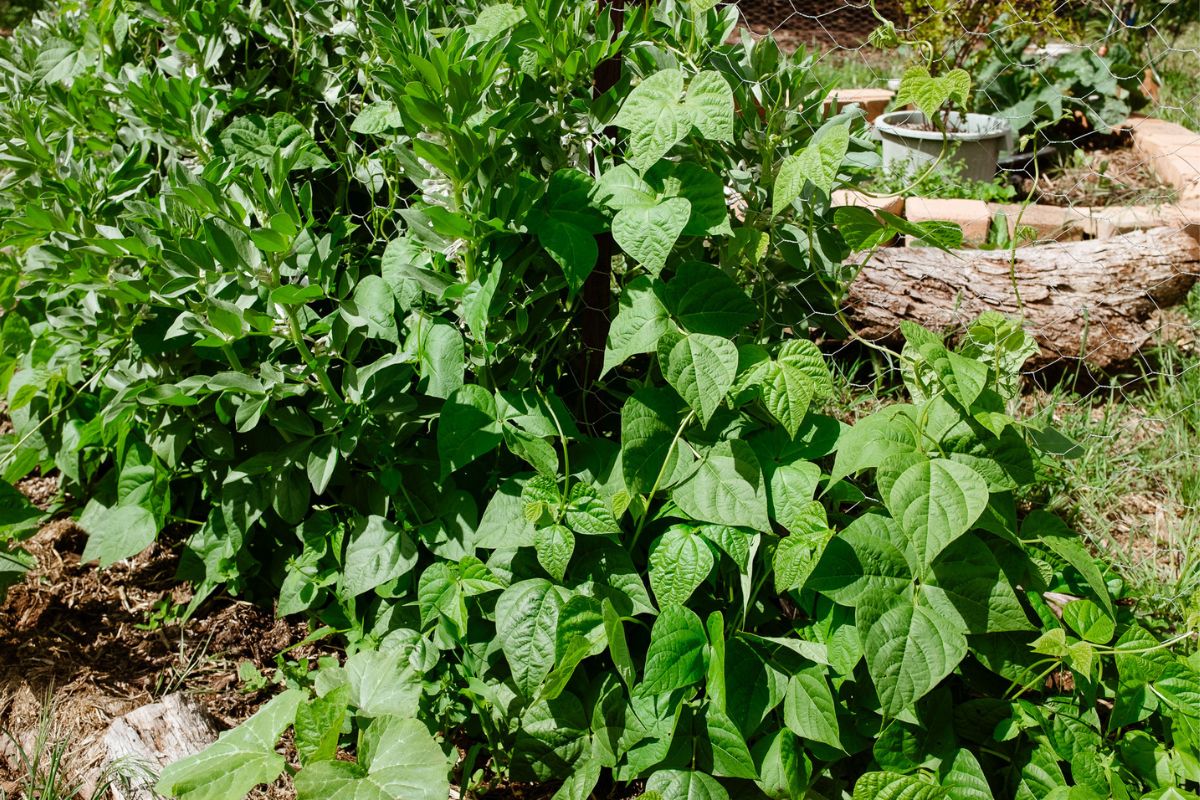Before you start looking at ways to reduce plastic waste at work, it can be useful to conduct a bin audit to take stock of the current waste in your workplace bins. Conducting a bin audit will help you to identify all of the waste that could have been avoided, recycled or composted. Bin audits are a great tool to help us understand more about the waste we are creating.

How to conduct a bin audit
To conduct a bin audit at work, get a few keen colleagues together on a day not long after your bins have been emptied. No one wants to rummage through festering week-old waste! Make sure there is enough time for some waste to gather but not too long so its all started to smell!
Choose a location that is sheltered, with good airflow and is easy to clean. Lay out a tarpaulin and gather some buckets or boxes to help you split up the waste. gloves are essential.
Draw up a chart so you can record the waste that you find in each bin. Gather up all your rubbish bins, and then start by emptying one type of rubbish bin onto the tarpaulin. Separate the rubbish into pile according to the type of materials, for example soft plastics, paper, food, cardboard and so on. Estimate the volume or weigh the waste in each pile and record it on the chart. Repeat this process for all bin types.
After you've audited your bin, it can be useful to focus on one or two troublesome items or categories to identify things that you could change quickly and make a big impact. You might be able to eliminate a particular item by changing purchasing behaviours, or engage a local recycling service to tackle a specific category of waste.
Set SMART goals to reduce each item found in the bin audit and set reminders to reflect on these goals on a regular basis. Conducting a bin audit can have real impact on your workplace by reducing the waste that is sent to landfill and engaging the whole team to make behavioural changes.
https://www.plasticfreejuly.org/get-involved/what-you-can-do/bin-audit/
Plastic free workplace kitchens
Choose to refuse single use plastics in your workplace's kitchen. Start by making an inventory of all the single use plastic items in your workplace's kitchen. These could include:
- plastic cutlery
- plastic plates and bowls
- plastic cups
- binliners
- tea bags
- biscuit packets
- water bottles
Once the list has been completed, pick one item and think of an easy alternative. Try to avoid simply replacing single use plastic with single use cardboard, bamboo or bio-plastic. The best solution is to swap single use items for reusable alternatives, like ceramic mugs, stainless steel cutleryand refillable water bottles. Once you've got the whole team on board, start talking about choosing a different item. Encourage all of your colleagues to get involved in the conversation to increase engagement.
Composting at Work
If you are keen to take changes to your workplace kitchen waste one step further, you could add a compost bin.

Creating a roster will ensure that its emptied on a regular basis and everyone takes a turn. There are a range of composting solutions that might suit your workplace, such as the Bokashi bin which takes a wide variety of inputs, or the popular standing bins which are also easy to use.
Amplify your impact by encouraging co workers to refuse single use plastic and compost their food waste with you. Working together you can all make a real difference.






Leave a comment (all fields required)